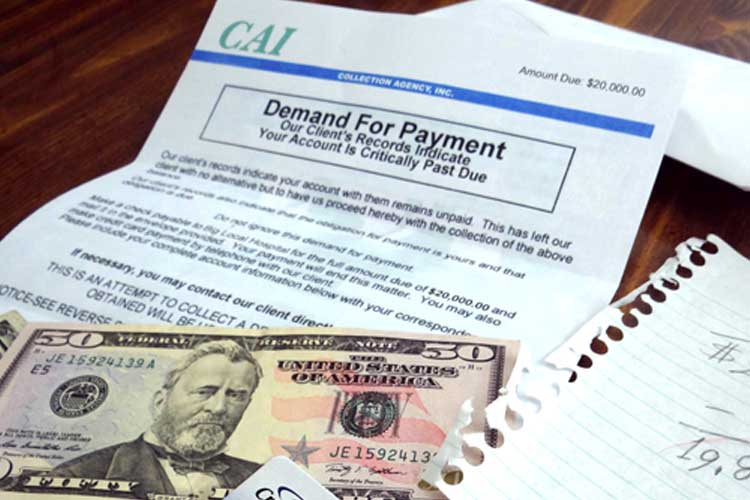Understanding the Impact of Payday Loans
A payday loan, also known as a deferred presentment transaction, refers to a short term loan in which a lender advances cash to the borrower against a personal postdated check (or authorization to debit a deposit account). The amount of this check includes the cash advance provided to the borrower as well as a specific fee charged on this advanced amount. If the borrowed amount is not paid in full with the fee on the agreed future date, then the lender has the right to cash (or deposit) the check or debit the account to recover the required cash advance and fee (Texas Finance Code § 341.001 (6)). Depending on the duration & amount of the loan, the maximum fee that could be charged by the lender and the associated APR (annual percentage rate) are defined in the Texas Finance Code §§ 342.251- 342.259.
There must be a written agreement for the payday loan which has to be signed by both the lender and borrower and should contain the name of the licensee (lender), the transaction date, amount of the check given by the borrower, fee & APR charged, and how soon the check can be realized. Also, there is an extension given by the lender if you are not been able to pay the loan amount in full on the designated date; however, this extension will incur an additional fee which in most cases is quite steep. This extension can be given many times at the discretion of the lender but the additional fee will be keep on accruing.
If you are unable to pay the extension fee and the principal amount owed, the lender will start to make collection attempts. A few years ago, Texas Appleseed, a public interest law center, reported that in excess of 1,500 criminal cases were filed by lenders against payday loan borrowers in eight different Texas counties between 2012 & 2014. Due to this, six borrowers had to serve jail time and many made the payments when coerced by jail time. It must be noted here that failure to repay a debt is a civil offense and not a criminal offense. In fact, Texas enacted a law in 2012 that clearly prohibits lenders from using criminal charges to collect outstanding debts (Texas Finance Code § 392.301 (6)).
The reason that these lenders are able to use criminal charge is by persuading the judge or prosecutor to use the Texas Penal Code § 31.03 (e) and § 31.06 that are related to writing a bad check and lead to arrest warrant if the associated fine is not paid and probable jail time too. However, the Texas Penal Code § 31.03 explicitly states that the inability to pay the loan is alone not sufficient to prove the criminal charges. Hence, if you have received a summon or an arrest warrant by the court, immediately seek legal counsel. Also, filing bankruptcy could help you with such debts as these debts are treated as non-priority unsecured debts and are usually discharged under Chapter 7 bankruptcy.
[paypal-donation]













